Gardening with chickens - it might sound like a trendy new idea in homesteading and horticulture, but the reality is that it can be a highly effective way to produce your own food.
You may be wondering, can chickens actually help me with my gardening?
Yes! Chickens are excellent foragers and will eat insects and weed seeds in your garden. They also provide fertilizer by eating high-nitrogen plants like clover and grass to produce droppings that contain nitrogen, phosphorus, potassium, calcium, magnesium, sulfur, and other nutrients.
So if you’re ready to give this idea a try, consider these 20 tips for gardening with chickens.
20 Tips for Gardening With Chickens
1. Manage the Manure
As you might expect, the biggest benefit of gardening with chickens is that you’ll have access to an endless amount of manure for your garden. Chicken manure is some of the best fertilizer you will find and chickens are great at producing it! In the coop, it will accumulate below the roost bars, beneath the nesting boxes, and pretty much anywhere your chickens tend to spend their time!
You can scrape it out of the coop and use it around your plants. Of course, you can also allow your chickens to roam freely in the garden, where they will deposit the fertilizer for you. If you do this after you’ve planted seedlings or seeds, of course, you will need to take steps to make sure the chickens don’t destroy all of your hard work (more on this later).
2. Make Sure There is Some Shade
It can get hot in the middle of the summer in a garden - consider adding some plants that will provide your chickens with shade. These tall plants can also protect your birds from the elements and from predators. Some good options include tall trees or even rose bushes. Your chickens might nibble on some of the lower growth but should leave the taller stuff untouched.
3. Incorporate Hardscaping
Add some chicken-friendly hardscaping to the garden, such as gravel paths. Chickens will enjoy eating the gravel and it will also help keep weeds down - double bonus! You can also add low stone walls that will give the chickens a place to perch and will provide them with a spot to get their feet out of the mud in wet weather.
4. Grow a Chickens-Only Garden
If you have an unused portion of your garden, consider planting it into an area that’s just for the birds! You can plant healthy treats or allow nutritious weeds, like purslane, to grow wild for your girls to enjoy.
5. Don’t Use Pesticides or Fertilizers
If you can skip them, avoid using chemicals like fertilizers, pesticides, or herbicides in a garden where chickens will one day roam. This can seriously harm your chickens and if you decide to eat their eggs or meat later on, it could ultimately harm you, too.
6. Make Metal Cages
One of the most difficult aspects of gardening with chickens is dealing with the havoc they can wreak on your unsuspecting plants. Chickens, by their very nature like to scratch and till up every bare spot of soil they can find. As you might expect, this can damage or kill all of your plants.
To get around this, consider making some metal cages made out of write fencing to help protect your low-growing plants. This wire fencing will protect plants from rabbits and deer, too.
You can also use simple chicken netting to make fences around vegetables that are grown in mulch or around ones you don’t want the chickens to destroy.
7. Use Row Covers
Another way you can prevent chickens from destroying your plants is to make tunnels out of bird netting or tulle netting - or to simply purchase store-bought row covers that you can use to protect your plants from the chickens. As an added bonus, you can use these covers later on to protect your plants from an early or late-season frost.
8. Bust Out the Blankets
Don’t want to spend the money on row covers? Another way you can prevent chickens from destroying your garden is to use old blankets. These blankets will prevent chickens from tilling up cultivated beds. Just make sure the blankets are positioned or staked so that they don’t come into direct contact with the plants themselves.
9. Avoid Toxic Plants
There are certain plants you should avoid growing in your chicken garden as they can make your chickens extremely sick (or even kill them) if they decide to take a bite. Some to avoid include:
Boxwood
Bleeding heart
Amaryllis
Daffodil
Lupine
Lantana
Foxglove
Hemlock
Morning glory
Rhododendron
Yew
Wisteria
Oleander
Philodendron
Hydrangea
Iris
Ivy
Lantana
If you do decide to grow these, plant them somewhere in which your chickens won’t be tempted to take a bite.
10. Exercise Caution with Nightshades
There’s a misconception out there that you can easily grow nightshade crops around chickens. That’s because nightshades, including potatoes, eggplant, tomatoes, and peppers, contain compounds that are toxic to chickens and other animals.
However, it is important to note that it is only the plant parts (such as the leaves and stem) that are toxic and not the ripened fruits themselves. Chickens will enjoy the opportunity to nibble on your ripe or semi-ripe tomatoes. In some cases, they may even sample the plants. Therefore, make sure you afford your nightshade crops the same protections you give the other plants in your garden.
11. Use Portable Netting
If you want your chickens to graze in one area of your garden - but not the whole thing - you can install some portable poultry netting to keep them contained. Restrict them to just one area of the garden with the netting and they can free range to their heart’s content. As a bonus, this will help protect them from predators while they’re hard at work in your garden.
12. Let Weeds Remain
There are some weeds that are not only beneficial to the garden but can also be allowed to stay put to give your chickens some food. Consider letting weeds like dandelions, chickweed, and purslane stay right where they are - your chickens will enjoy munching on them and they can also provide some food for pollinators!
13. No Plant is Chicken Proof
As we mentioned earlier, it’s important to not get overconfident when it comes to growing a chicken garden. Just because a hen doesn’t munch on a certain plant today, that doesn’t mean that she will totally avoid it tomorrow! Even if a chicken doesn’t eat your plant, she still might decide to dig it up, sit on it, or damage it in other ways.
There are lots of plants that are said to be “chicken proof” such as junipers, sweet potato vines, butterfly bushes, and ornamental grasses - however, remember that no plant is 100% safe.
14. Watch the Mulch
Chickens will go after just about any plant they find but for whatever reason, they are particularly drawn to plants that are growing in mulch (such as straw or hay). The most likely reason for this is that they want to scratch up all the bugs and tiny critters that are hanging out within the thick bedding of mulch.
While mulch poses many advantages to the gardener, particularly the organic gardener, you do need to be careful about using too much of it around chickens - it may end up doing more harm than good!
15. Use Rocks
If you must use mulch, particularly in sensitive areas such as around perennial herbs and flowers, there is a simple trick you can try to stop chickens from digging up what you’ve planted. Simply mulch around the plants with flat stones! This will stop the chickens from getting to your tender plants, though they will, of course, still till the mulch in other areas of the bed.
16. Mind the Lawn
Keeping chickens in your garden is one thing - allowing them to hang out on your lawn is another entirely. Whole chicken manure is a wonderful fertilizer that can ultimately lead to a nice, lush green lawn, it can be hard on your grass. If you let chickens graze your lawn, you may want to consider rotationally grazing them so that they don’t completely decimate an entire section all at once.
17. Garden and Graze in Zones
If you know you want to provide your chickens with free access to the garden but don’t want them to destroy fragile seedlings and till up freshly planted seeds, an easy way to have the best of both worlds is to graze in zones. Let your chickens graze around tomatoes and peppers only early in the season, before there are any fruits, and move them to another area once those plants start to produce ripening fruits.
18. Consider Clipping Wings
Unfortunately, the downside to many of the modifications that we’ve mentioned above is that they only work if your chickens don’t fly over the fences you’ve erected. To prevent them from doing this, consider clipping their wings.
Don’t worry - this won’t harm your chickens at all. All you will need to do is clip the chickens’ flight feathers on one side so that they are imbalanced and can’t “catch air!” to fly.
19. Work the Perimeter
Love the idea of having your chickens hang out in the garden but don’t want to keep sorting them? You can fertilize just the outskirts of the garden and let your chickens go to town on slugs and grasshoppers by building a perimeter fence around the outside of the garden.
20. Use Raised Beds
When tall enough - and perhaps when paired with chickens whose wings have been clipped - you can use raised beds to keep your plants safe and allow your chickens to work the area around those beds instead. Plus, it’s less labor-intensive for you, since raised beds cut down on a lot of the weeding, fertilizing, and other chores associated with gardening directly in the ground.
Benefits of Gardening With Chickens
Backyard chickens can be an important asset for the garden. Chickens love to eat bugs, slugs, and other pests that destroy plants. They also scratch the ground as they peck for food or insects which helps with aeration in the soil and can help turn up weed seeds.
Plus, chickens are natural fertilizer factories-they produce droppings rich in nitrogen and potassium. This means you'll have less need for chemical fertilizers (and of course, for herbicides and pesticides, as mentioned above).
There are countless benefits to gardening with chickens. Now that you know the many ways you can get your feathered friends involved in the garden, it’s time to buy your plants and get started this spring!







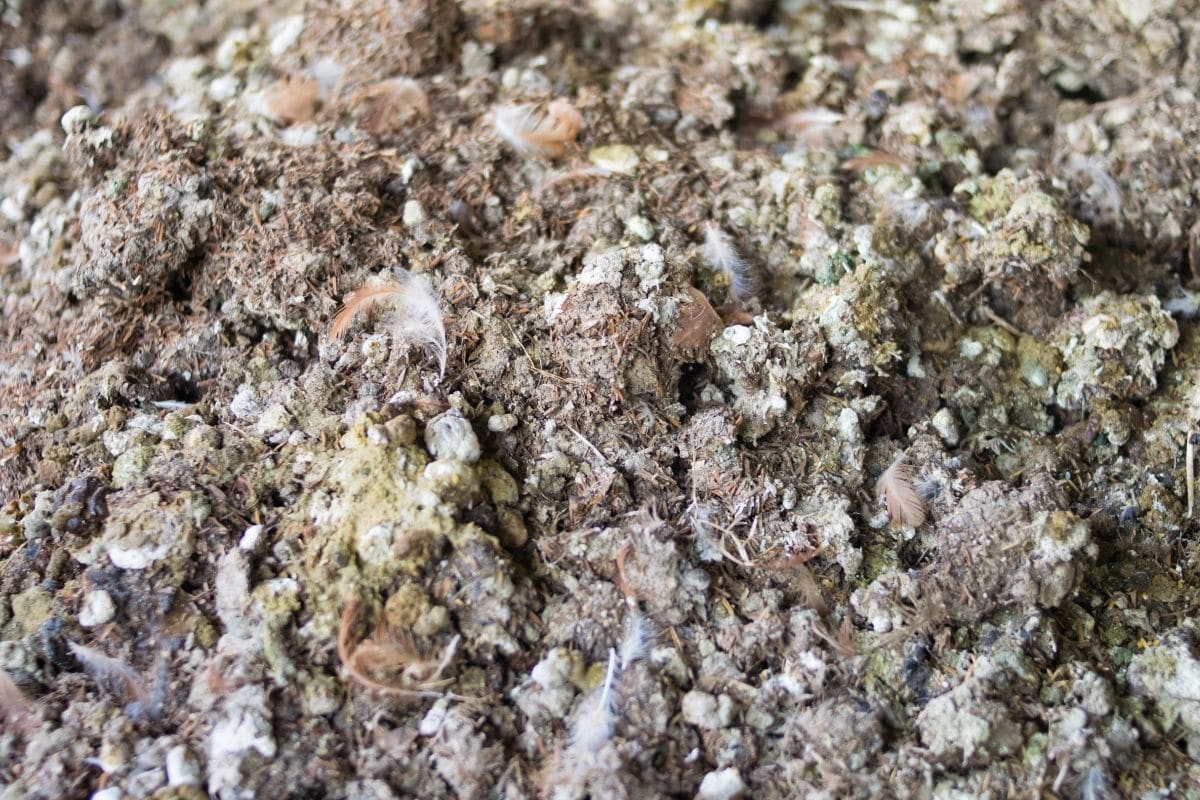

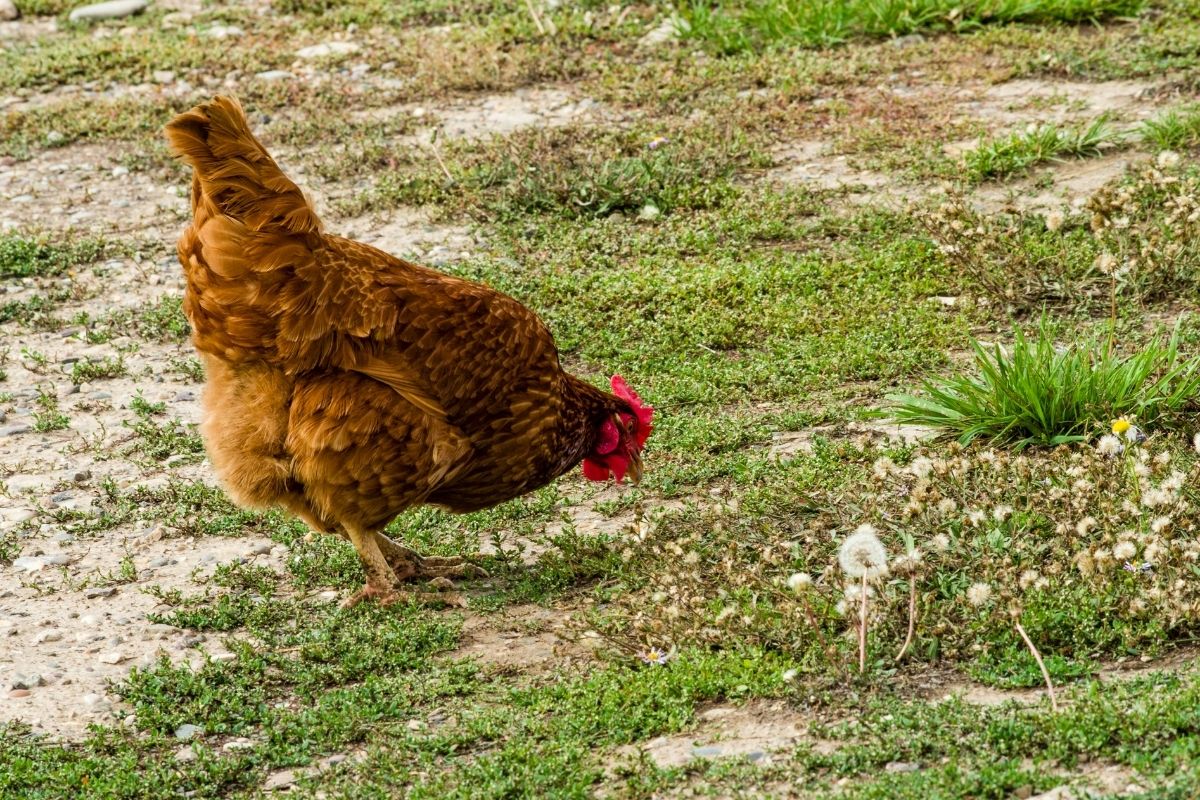
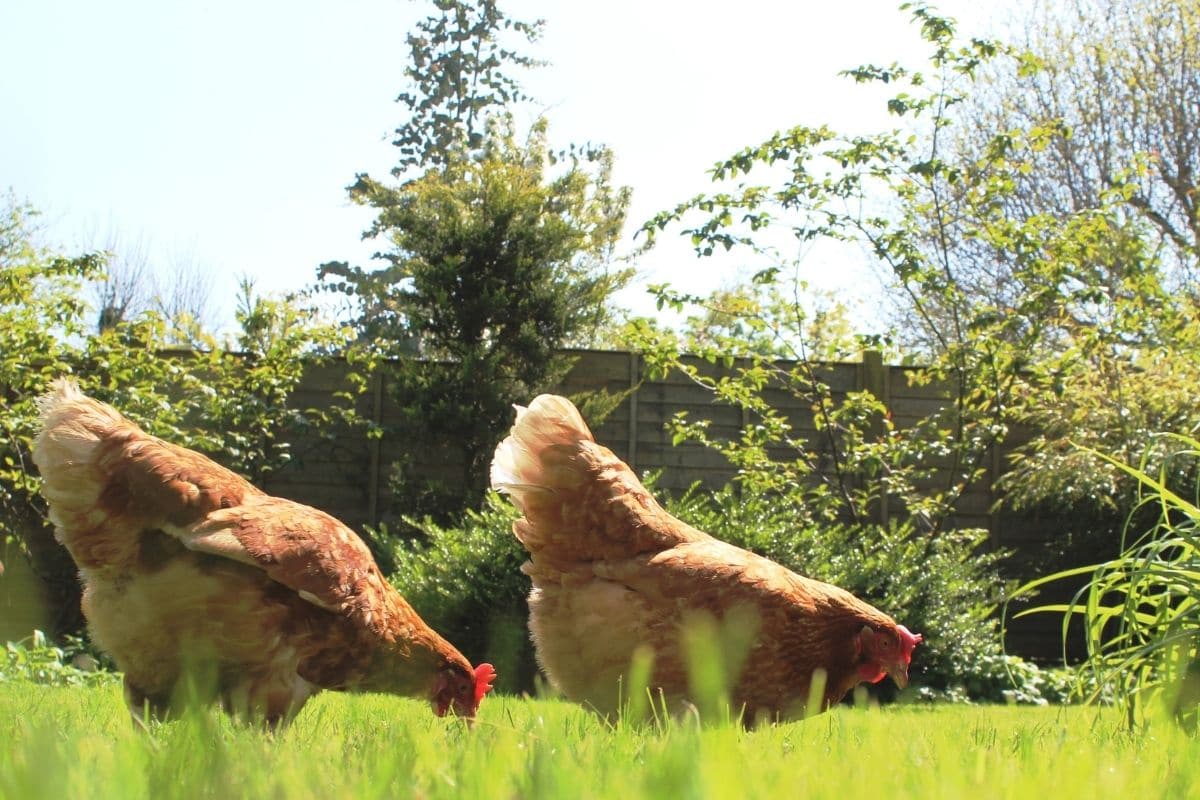
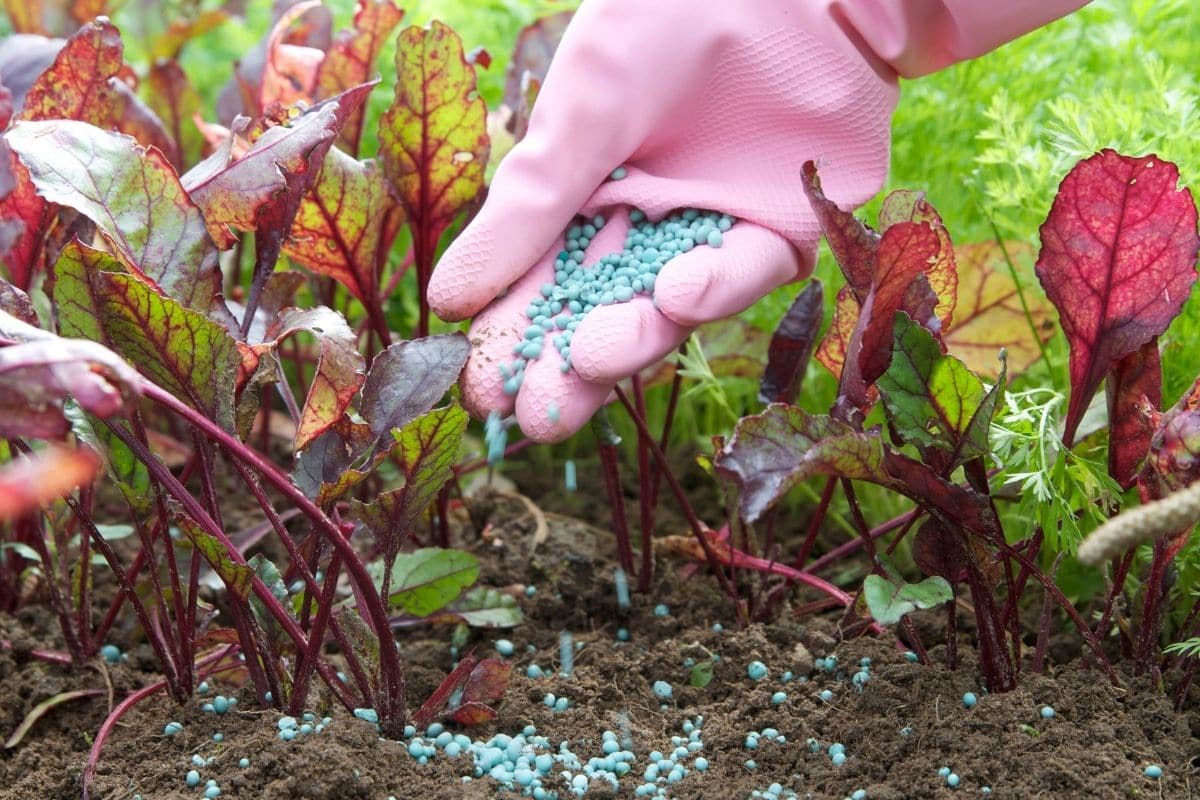
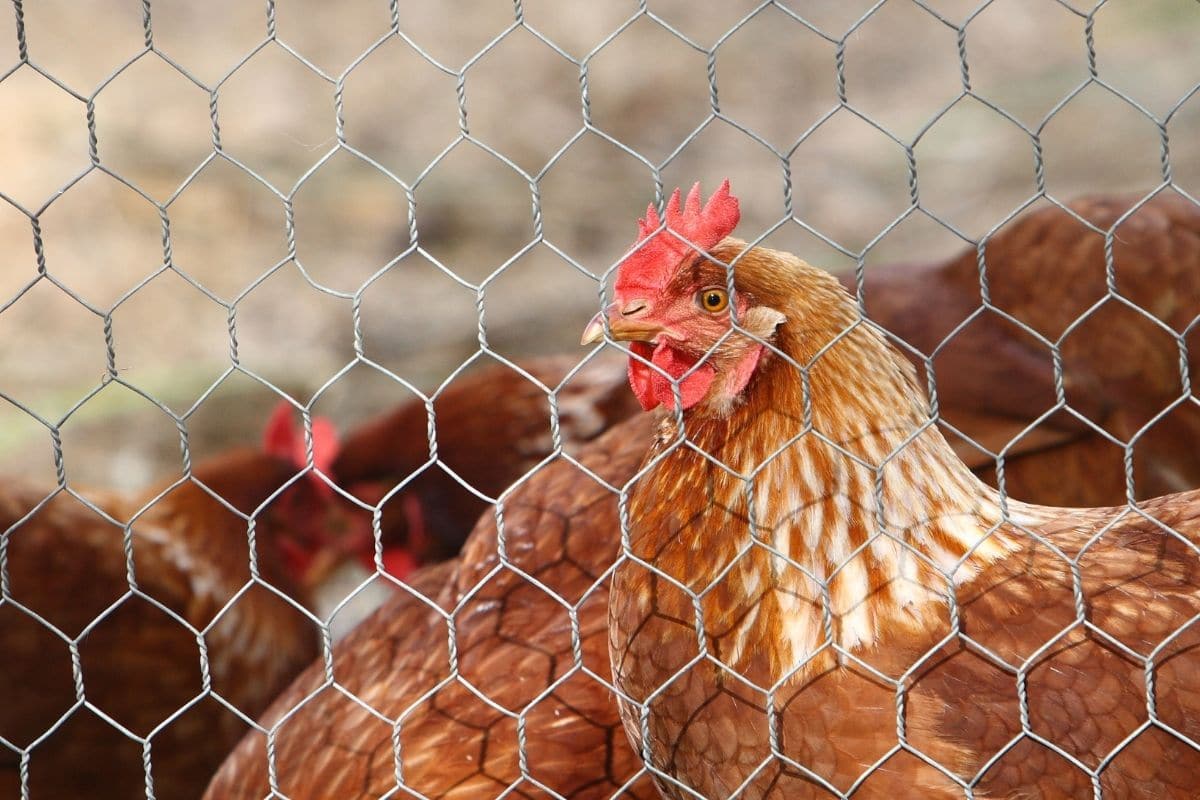
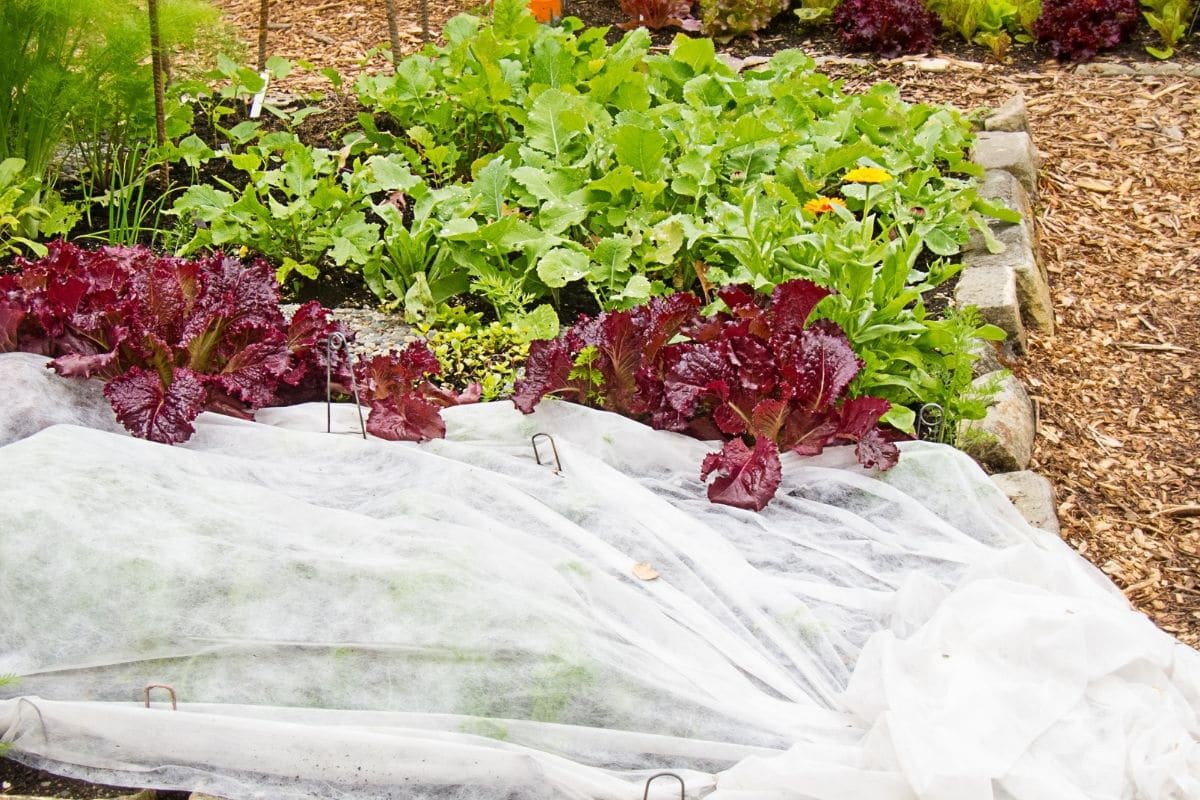
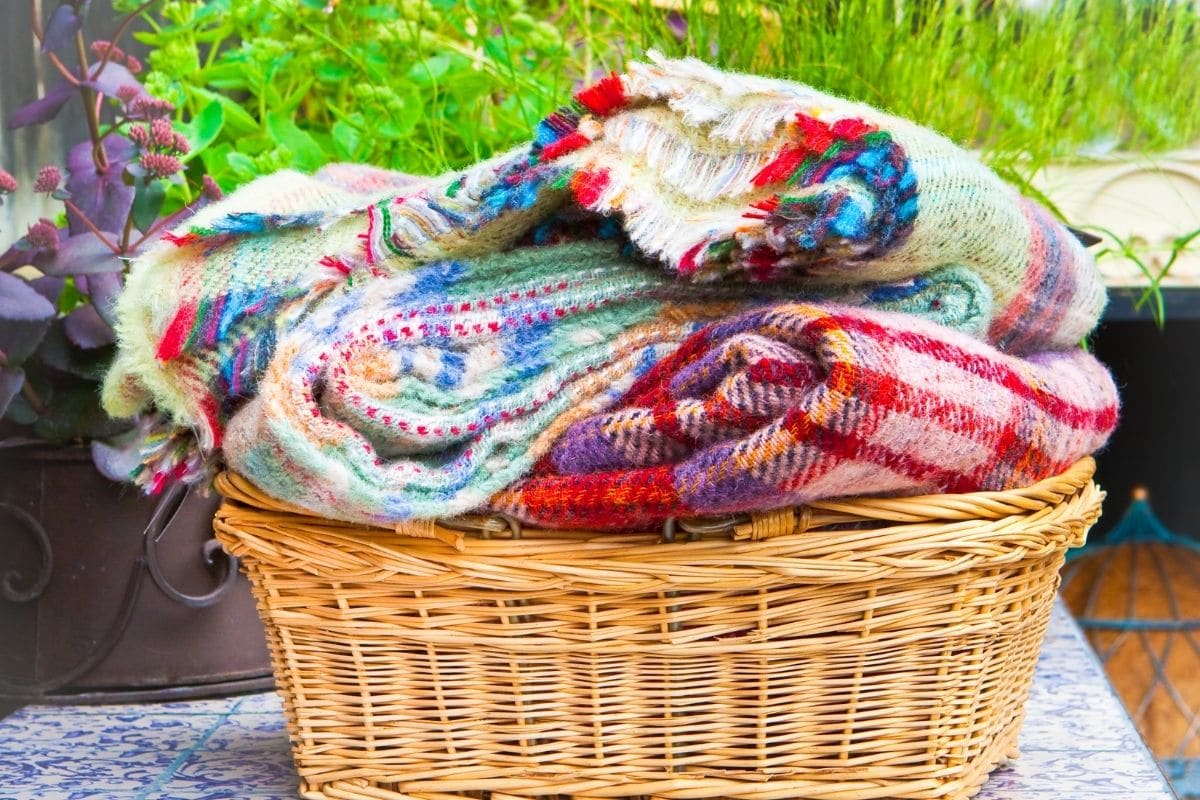
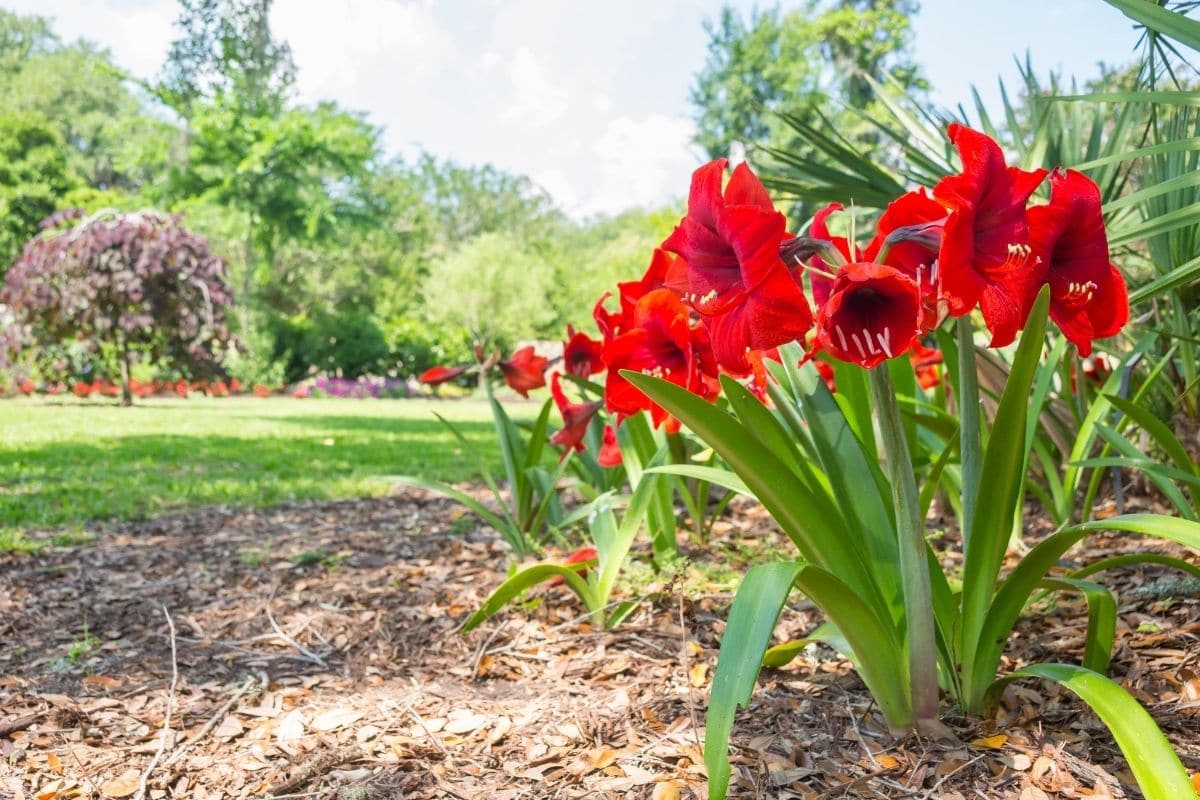
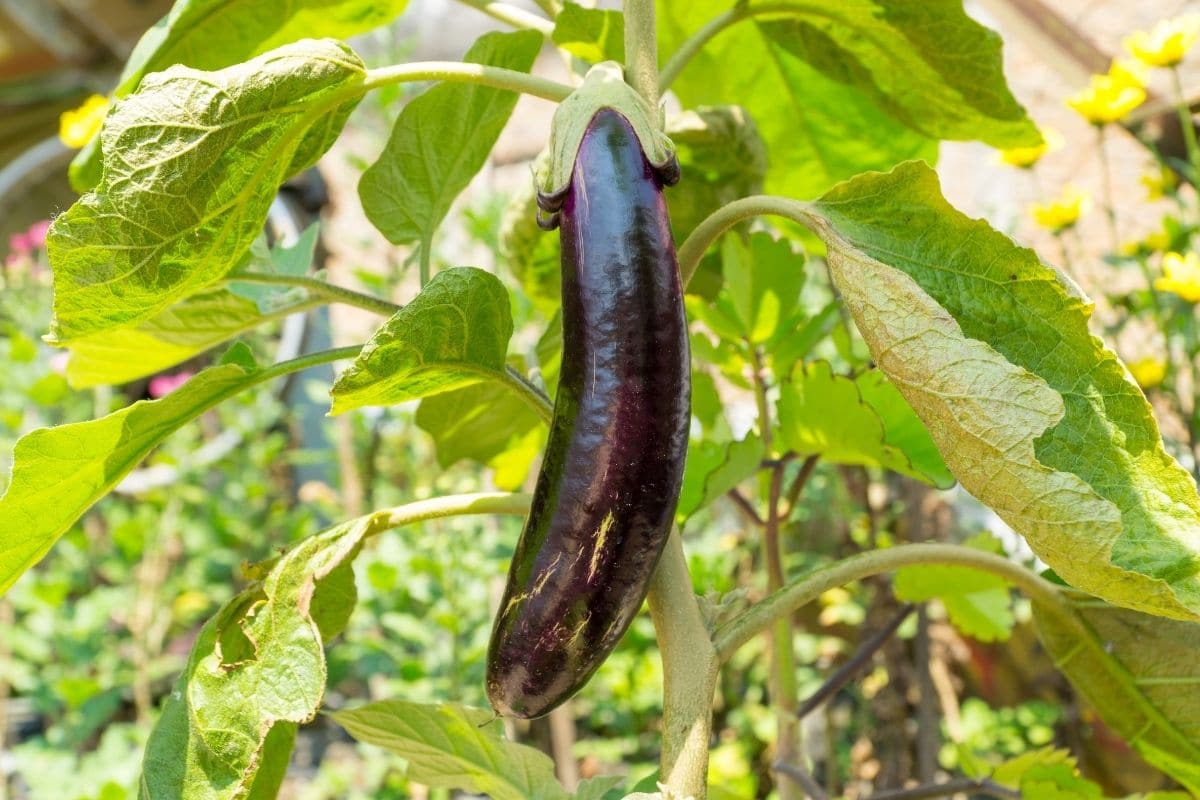
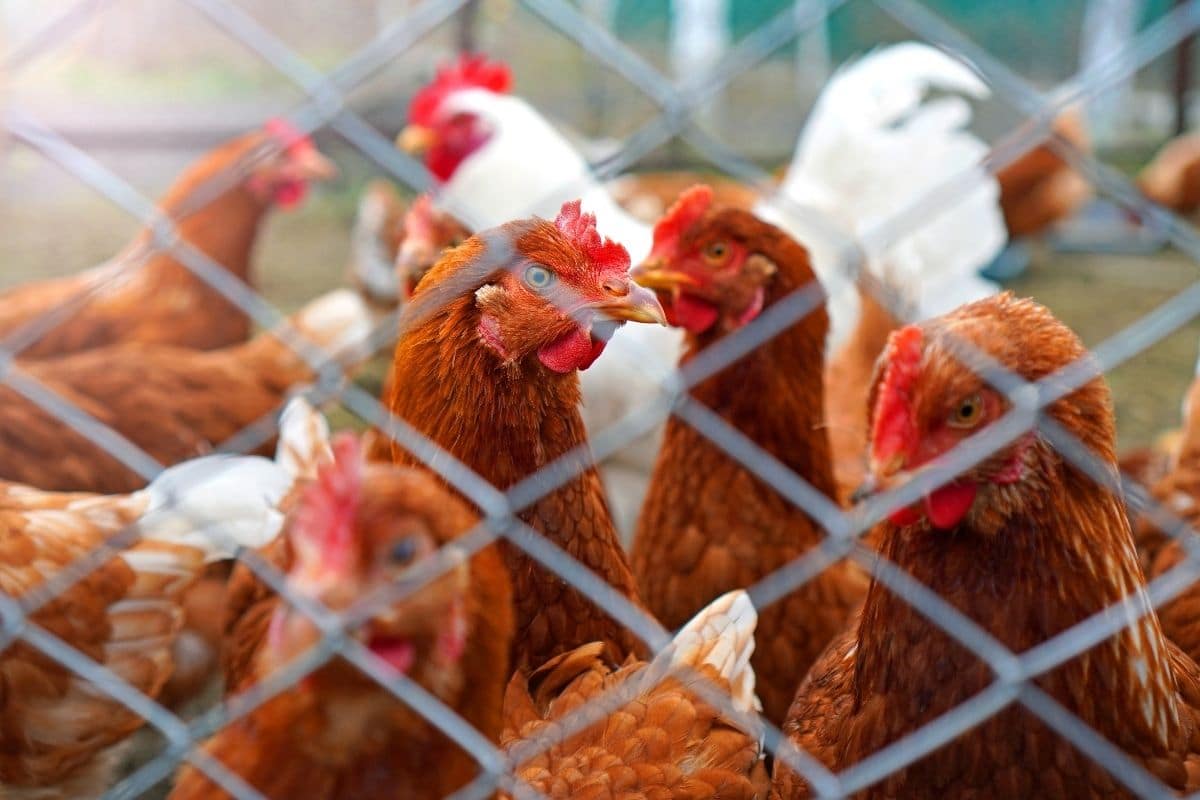
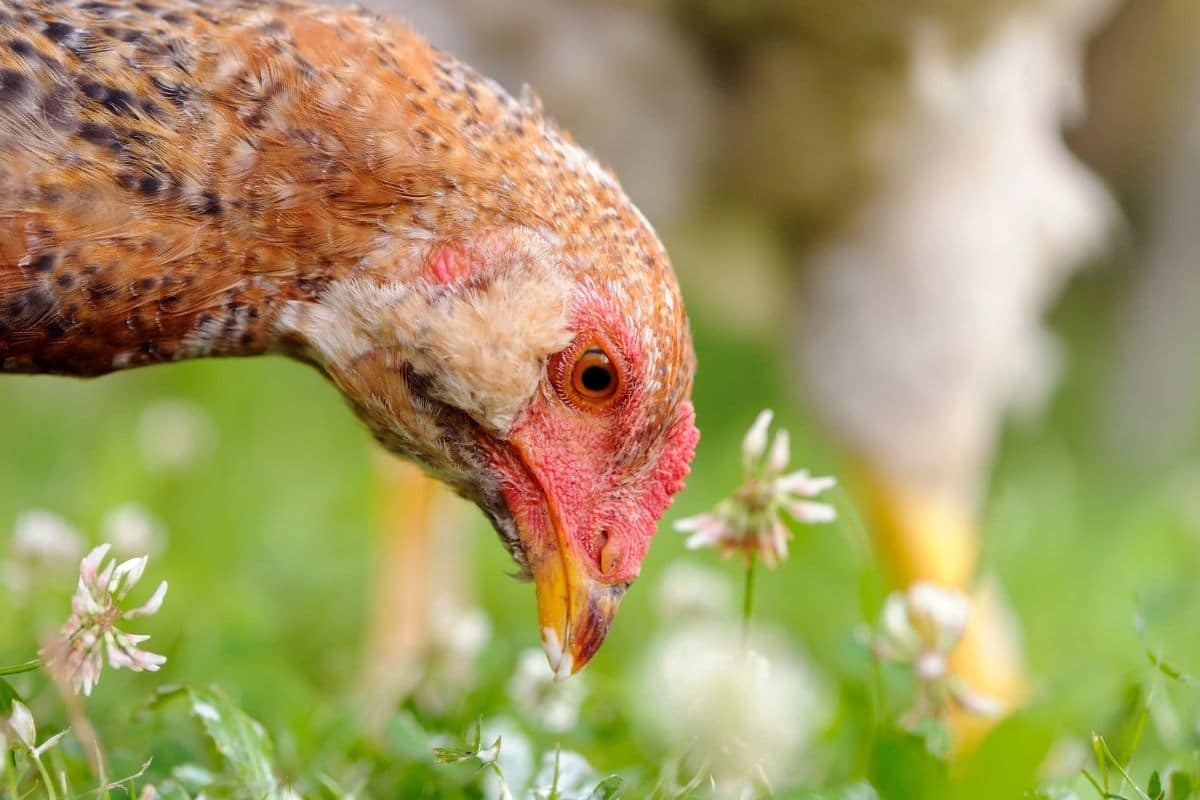
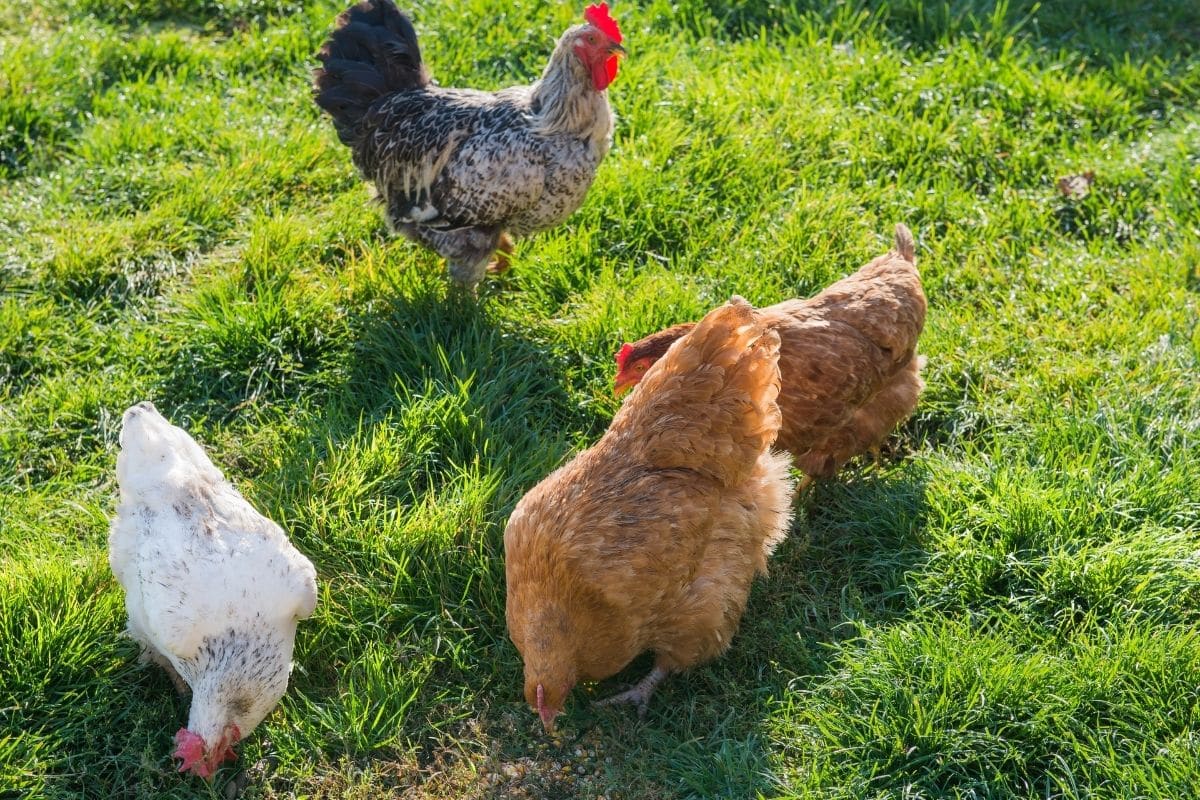


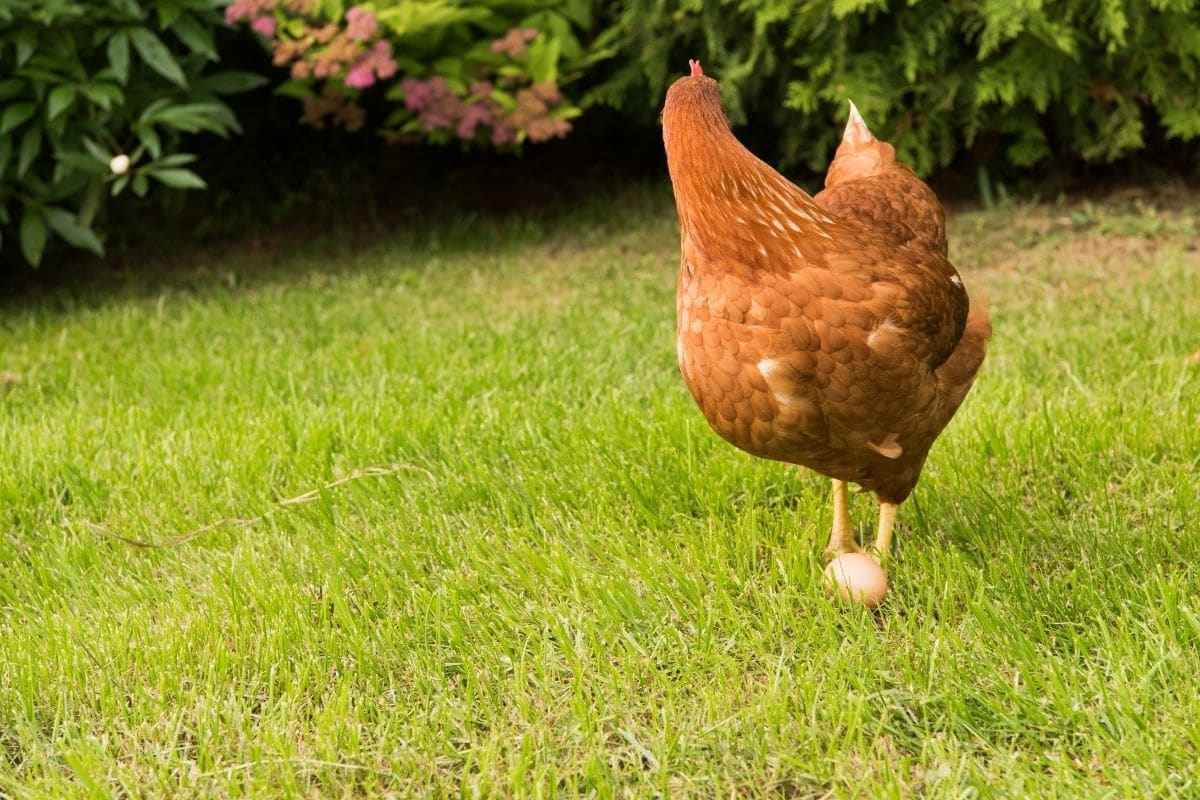
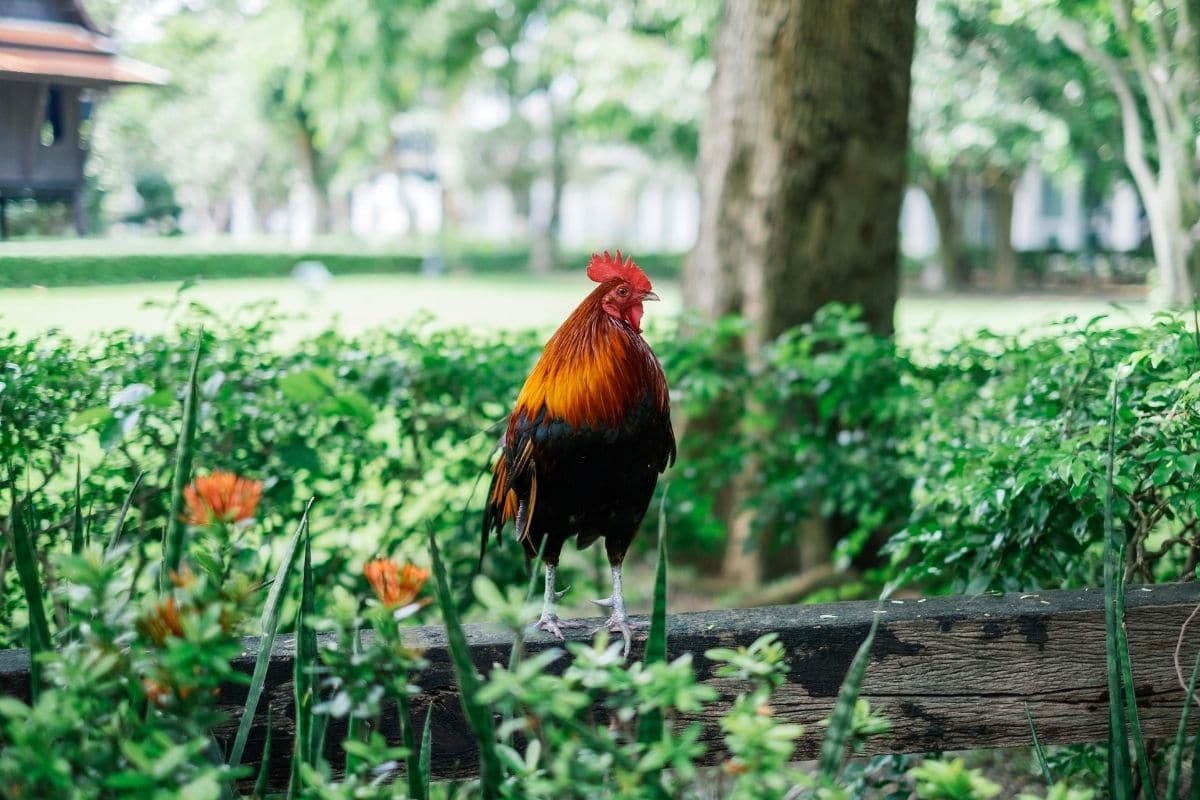
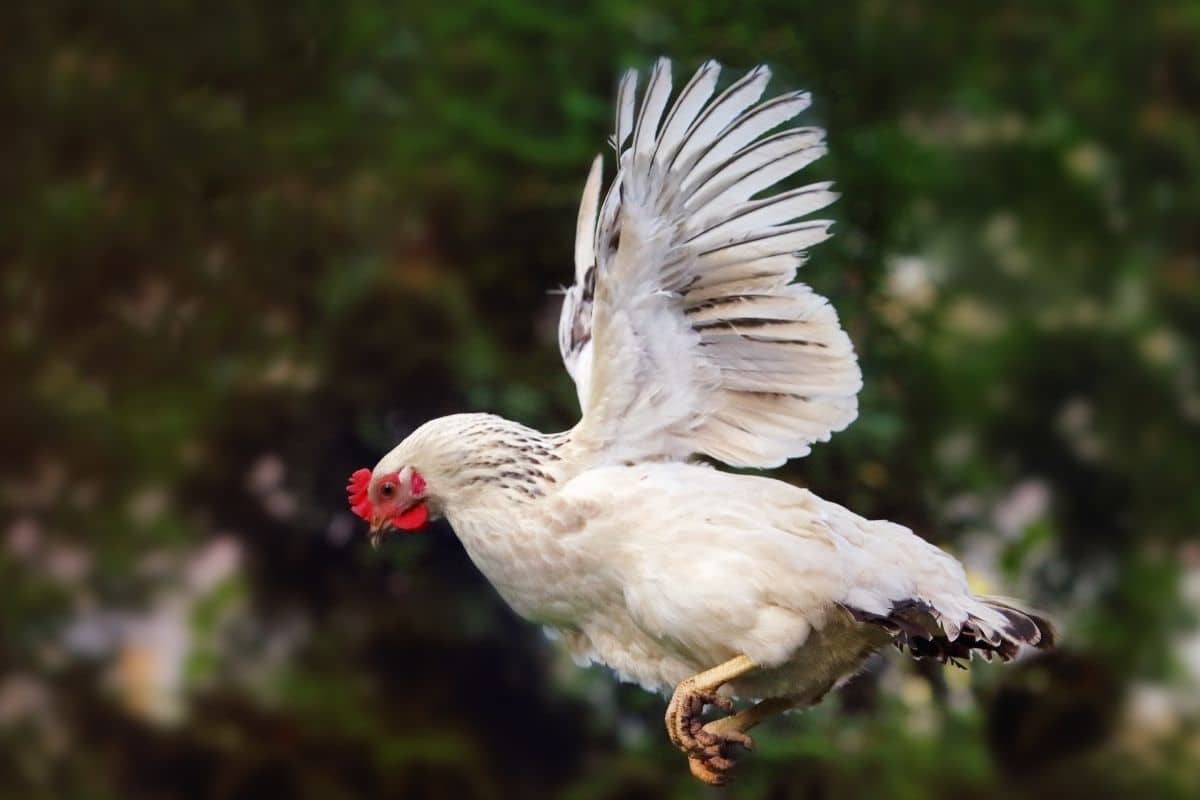
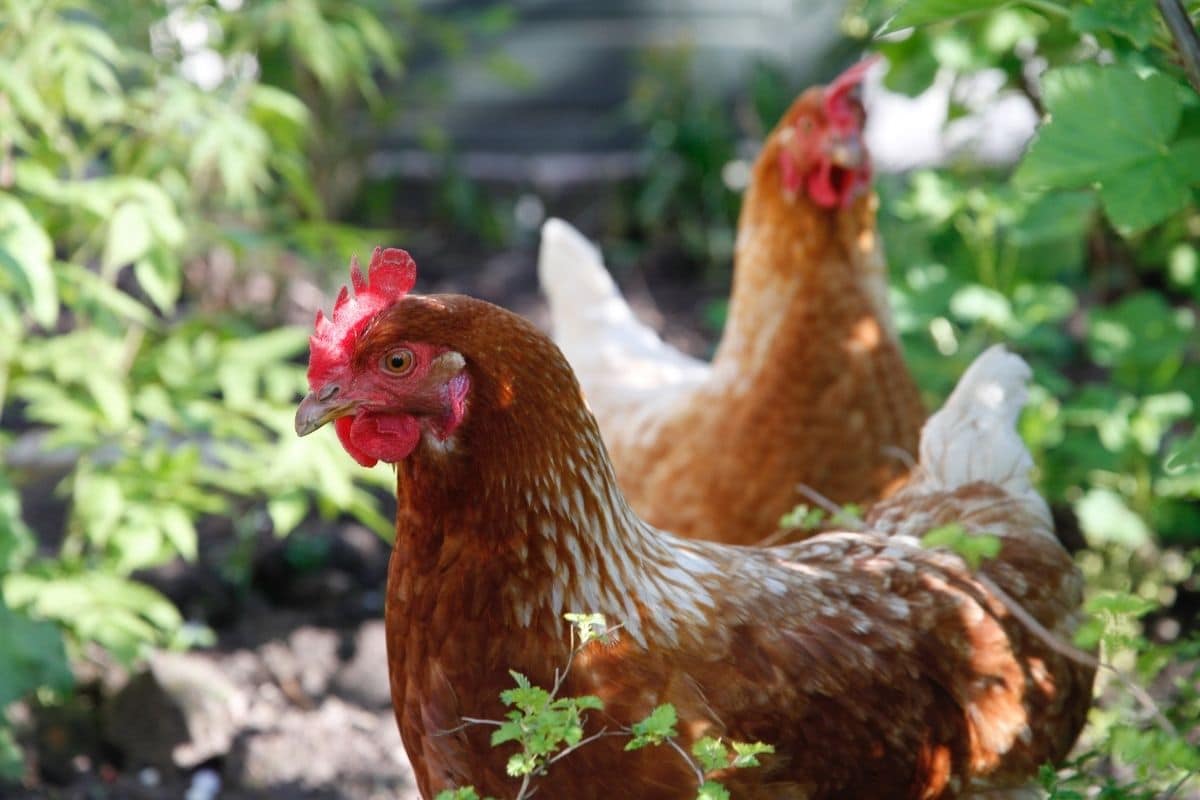
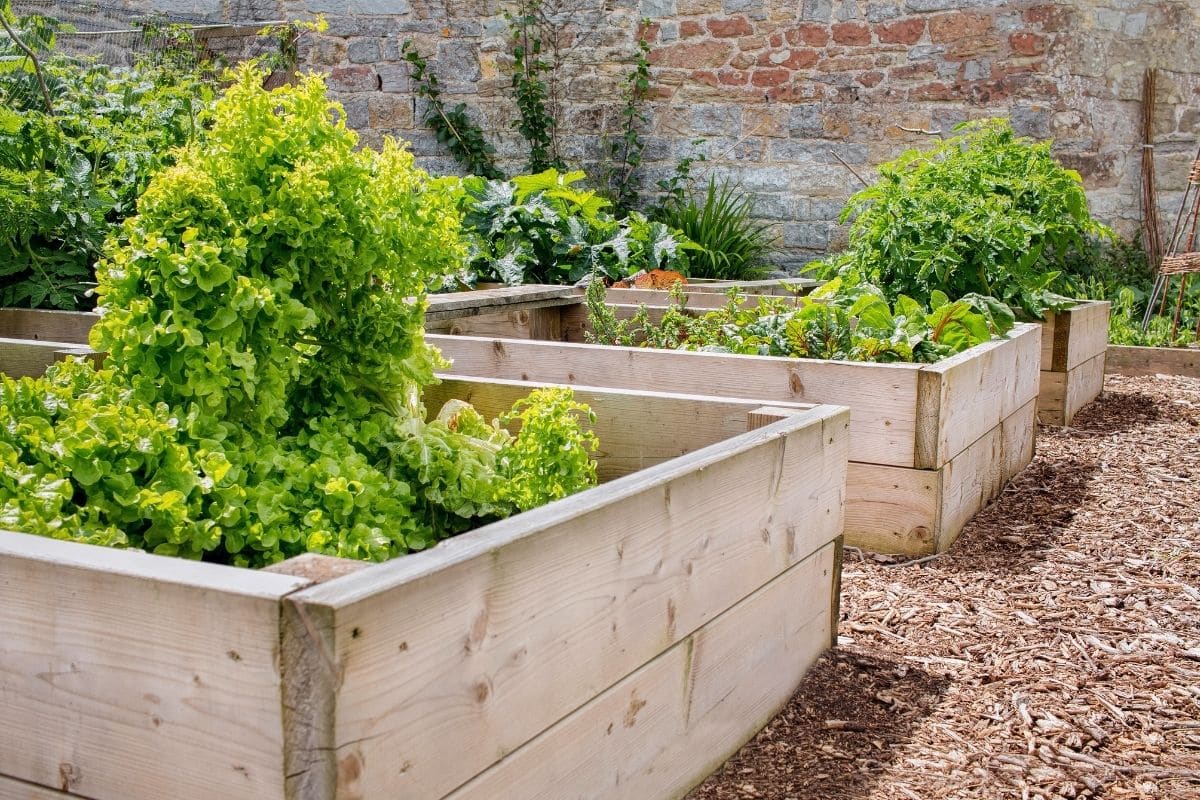




Florence Lukoma
I have learnt what I never knew. Thanks